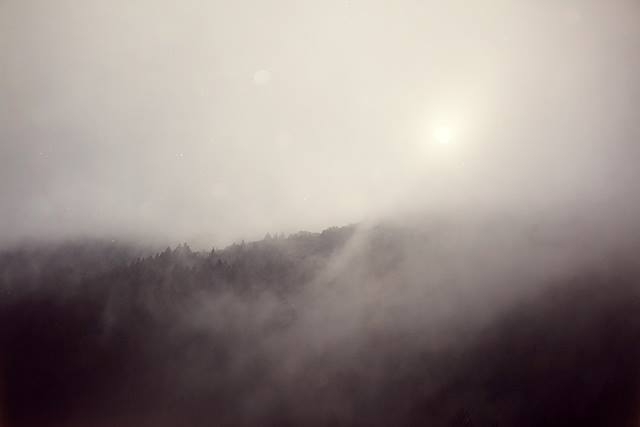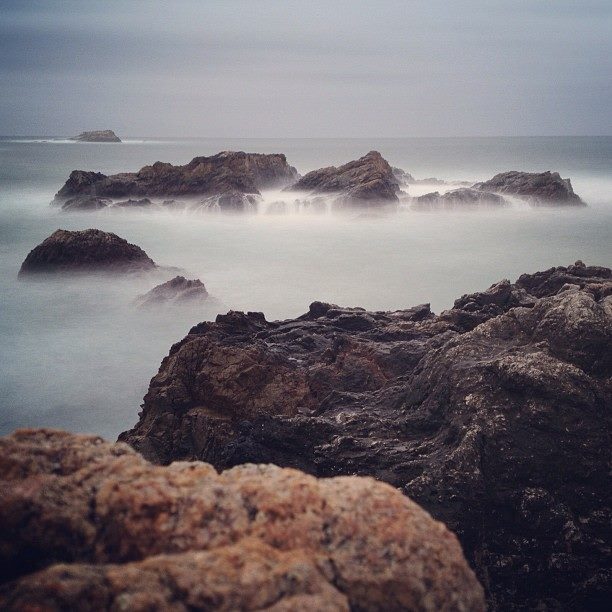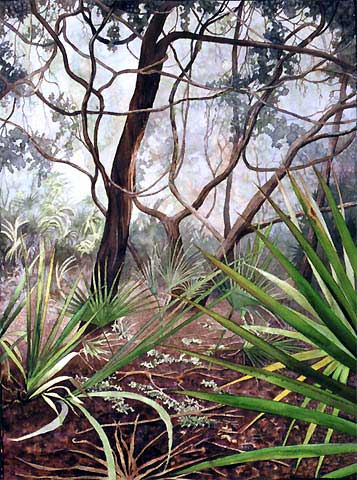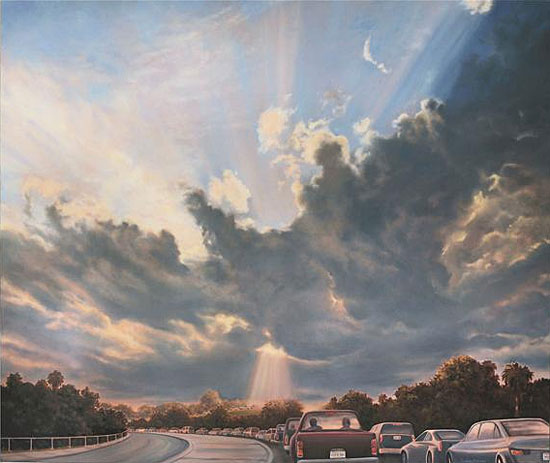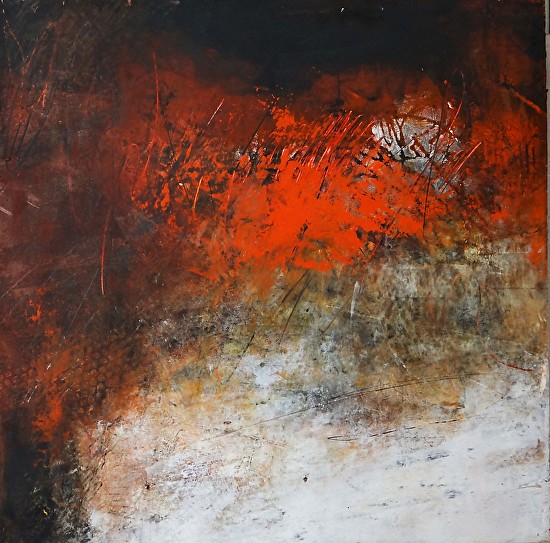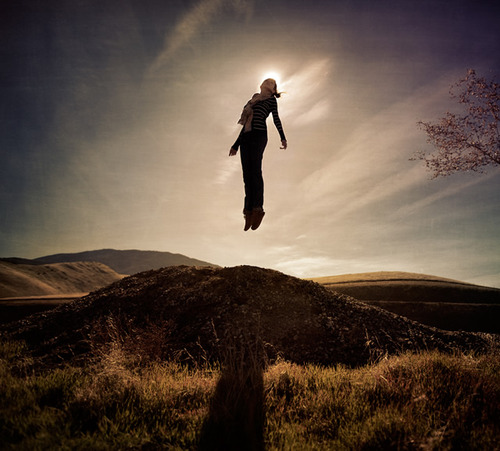
If Lavinia had been able to,
she would’ve cupped her severed tongue
between her palms, its warmth
trickling in the creases of her lifeline
until it began to move.
If given the chance,
Lavinia could have carried her tongue
in her pocket, felt its outline in the silk
as a reminder, the pulse
quickening in her fingers, so they would have written the words,
then danced them.
Disability is not a new invention,
nor are the mutilated girls
who must carry on with ordinary lives.
But they cut her hands off,
of course.
Sent her tongue crying off into the woods
where it fell in the dirt
and lay, unseen and unheard
by any audience.
Somebody else spoke Ophelia’s death into our minds,
just as Lavinia’s mutilators cackled about her tragedy
while she bled offscreen.
But Lavinia’s tongue will return to tell its own tale,
someday, will dance again
tapping against teeth until released
onto a new stage.
Kate Shakespeare graduated from Vassar College in 2016 with a degree in Psychology and currently works as a technical writer in Seattle. She has been previously published in Pidgeonholes and Asymmetry Fiction.


